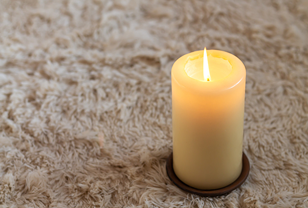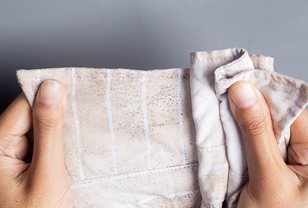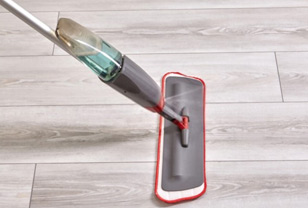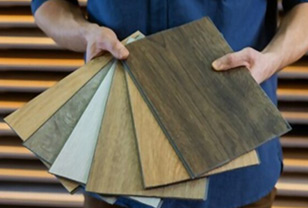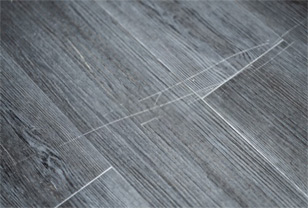Where May Mop Water Be Disposed Of: Expert Solutions for Safe Home Cleaning
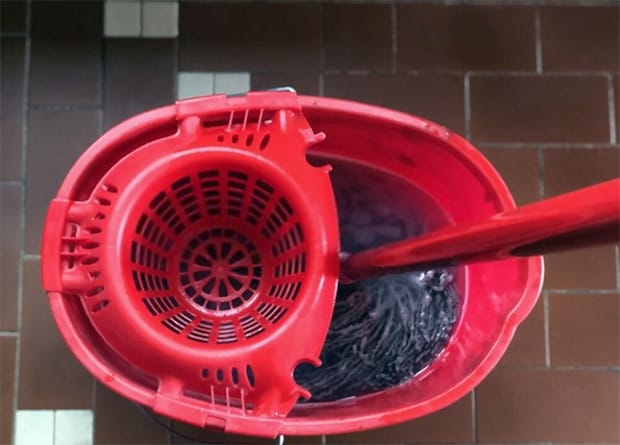
Mop water dumping in the incorrect location can lead to issues down the road
This post will give you everything you need to know about proper mop water disposal.
After reading this guide, you'll not only know where may mop water be disposed of, but you'll also learn key facts about mop water and how to handle it safely in your home.
Here's what you'll find in this comprehensive post:
- Why proper mop water disposal matters
- Safe locations for dumping this waste
- What you should never do with mop water
Don't forget to check the FAQ section at the end for more related topics.
Let's dive in!
Why Proper Mop Water Disposal Matters
Mop water is cleaning waste that carries debris and harmful substances you want off your floors. Dumping mop water properly is essential after every cleaning session.
But you can't just pour mop water anywhere convenient.
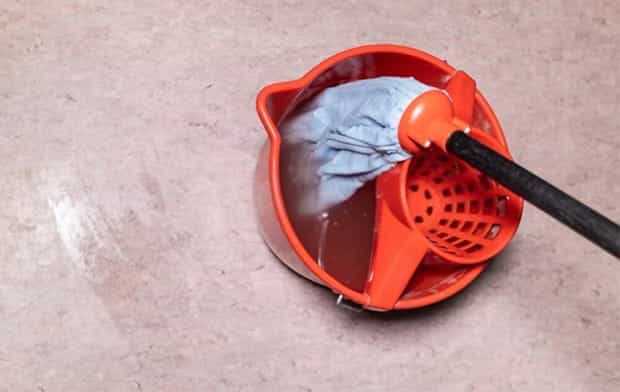
Certain locations are unsuitable for mop water disposal
Pour mop water in the wrong place, and harmful bacteria can make their way back into your house, undoing all your cleaning efforts. Nobody wants that.
Plus, if you use chemical cleaning solutions, improper disposal can seriously damage the environment - and that'll come back to bite you eventually. For instance, vegetation exposed to chemical-laden mop water gets damaged, potentially killing plants and disrupting local ecosystems.
That's why understanding the proper method to dispose mop water is crucial for avoiding contamination and preventing health issues in your household.
Where Mop Water Should Be Disposed Of
Now that you understand why proper disposal matters, let's look at the best places to dump this waste safely.
First, protect yourself before tackling this task. Wear a mask, gloves, and safety goggles to minimize chemical exposure to your skin and respiratory system. Even if you don't use chemicals for mopping, protective gear is always smart.
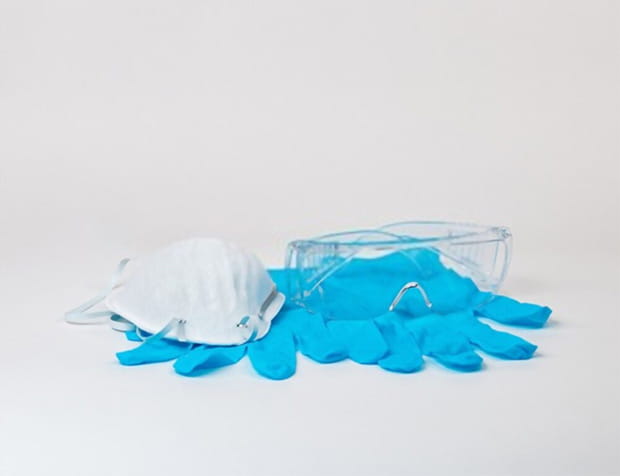
Wearing a mask, gloves, and goggles will help shield you from the filthy water
When you're ready, head to the nearest approved location to get rid of the mop water:
1. The Floor Drain
This is your most accessible option in most homes. Your drainage system connects to the underground sewage system, where wastewater gets professionally treated by municipal facilities.
It's perfectly fine to dump mop water with small debris like dust into the drain - it won't clog your plumbing. But if there's pet hair or hair clumps in the mop water, remove them first and toss them in the trash. This simple step can save you from expensive plumbing repairs later.
2. The Sanitary Sewer
You can dispose of dirty water by pouring it into the sanitary sewer since this system handles wastewater properly - making it perfect for contaminated mop water disposal.
If you regularly use chemical cleaning solutions for mopping, find a sanitary sewer near you to safely dispose of the mop water. This prevents toxic waste from affecting your family's health or contaminating your immediate environment.
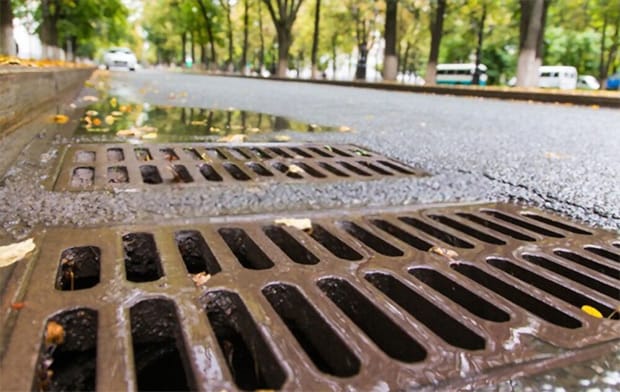
If you use chemical cleaning products, an open sewer is ideal for getting rid of mop water
3. The Bush Area in Your Garden
If you have a garden with unwanted vegetation, pour the mop water into bushy areas where weeds grow. The dirty water can naturally kill wild weeds in your garden - even faster if there are chemical cleaning solutions in the mop water. It's a great way to kill two birds with one stone: disposing of waste and controlling garden pests.
However, consider whether this works if you have pets. Your pets might lick or eat the wild weeds (cats often do this when their digestive system's off) and get poisoned, or get dirty mop water on their paws and track it back into your house - defeating the whole purpose of cleaning.
4. The Heavy-Duty Plastic Bag
If you can't dispose of mop water directly at any of the spots above, pour it into a heavy-duty plastic bag, seal it tightly, and throw it out with regular garbage collection.
Don't leave the bag in your trash bin too long to prevent leaking and nasty odors. Get rid of it ASAP - preferably the same day you clean.
What You Should Never Do With Mop Water
Now that you know the proper method to dispose mop water, here are four critical things to avoid when dealing with mop water to protect your home and health.
1. Don't Pour Mop Water Into the Sink or Bathtub Drain
You already know four perfect places for disposing of mop water, so don't try extending that list when answering "where may mop water be disposed of?"
Even though sink and bathtub drains might seem like good options (similar to floor drains), these spots clog easily due to smaller pipe diameter and different plumbing configurations. Plus, these drains handle more daily water usage than floor drains, so they can get overloaded if you add mop water. This leads to expensive plumbing repairs and water damage.
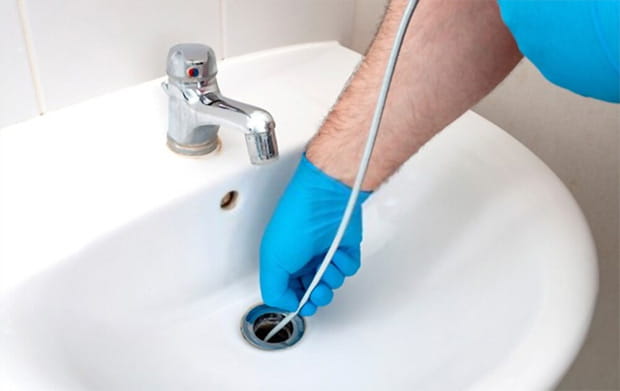
Because this type of waste contains dirt, pouring mop water into the sink may cause it to clog
2. Don't Leave Mop Water Sitting Around
Mop water contains debris and bacteria that are harmful when left to sit and multiply. Leaving mop water in your house too long gives these dangerous microorganisms a chance to spread throughout your living space.
Dirty water is also perfect for mold and bacteria to develop and multiply rapidly. This creates unpleasant smells and allergens in your household, potentially causing respiratory issues and other health problems. If you can't find a place to dispose of mop water right after cleaning, at least keep it in sealed plastic bags and throw it out ASAP to minimize health risks.
3. Don't Pour Mop Water Into Ponds or Directly Onto Plants
Pouring mop water into a pond is terrible, whether it's yours or not. The dirty water contaminates pond water, creating perfect breeding conditions for mosquitoes to lay eggs and multiply. It'll also kill the healthy ecosystem in the pond, harming fish, beneficial bacteria, and aquatic plants.
Pouring mop water directly onto your prized plants isn't recommended either. Since this waste can effectively kill bushes and wild weeds, it'll also kill your valuable plants even without chemical cleaning solutions. The bacteria and contaminants in the water can damage plant roots and soil health.
4. Don't Reuse Mop Water for Any Cleaning Purpose
Everyone's talking about saving resources lately, and it might seem smart to reuse mop water for other cleaning tasks. But mop water contains significant amounts of debris and bacteria, so it's not suitable for cleaning anything else in your home.
The only way you should consider reusing mop water is pouring it on bushes and wild weeds to kill these unwanted plants in your garden. Beyond that specific use, you can't make mop water useful again for cleaning purposes. Using contaminated water for cleaning just spreads germs and dirt around.
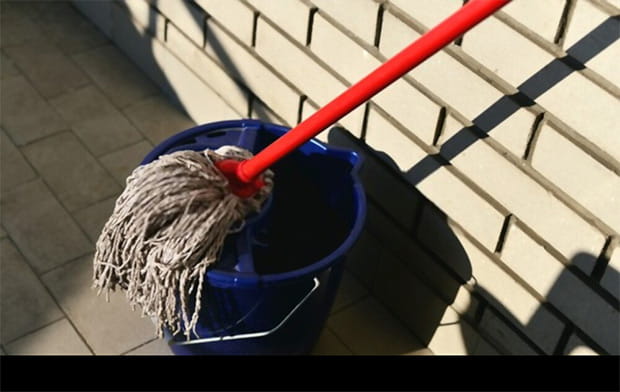
It is not advised to utilize the soiled mop water for anything
Your Complete Guide to Safe Mop Water Disposal
You should now know the proper way to dispose of mop water after reading this comprehensive guide. When you do this correctly, you'll prevent many problems - from pipe clogs to environmental contamination around your home. Most importantly, you and your loved ones' health won't be affected by this dirty waste.
Remember that proper disposal isn't just about convenience - it's about protecting your family's health, preserving your home's plumbing system, and being environmentally responsible. Taking these simple precautions can save you from costly repairs and health issues down the road.
Now that you clearly understand the safe locations and methods, knowing exactly where mop water should be disposed of will help you make informed decisions every time you finish cleaning your floors.
If you want to know more about this topic, check out the FAQ section below. But for now, you can confidently tell others the correct answer when they ask: "Where may mop water be disposed of?"
FREQUENTLY ASKED QUESTIONS
- 01. Does Mop Water Affect the Floor Mop's Quality?
-
Absolutely. Even if you have the Best Dust Mops For Hardwood Floors, failing to properly dispose of dirty mop water and thoroughly rinse or wash the mop will make it smelly and develop mold. Those contaminants transfer to the floor next time you use the mop, making your cleaning efforts counterproductive.
That's why you should not only dispose of mop water correctly but also get it completely off your mop through proper cleaning and maintenance.
- 02. Is It Okay to Use Mop Water for Watering My Plants?
-
Honestly, it's not strictly prohibited to use mop water on plants - we're talking about mop water without chemical cleaning solutions. But here's what you need to consider: mop water contains bacteria and contaminants.
When you water plants with mop water, the soil absorbs both the water and the bacteria. This makes your plants sick and slowly kills them over time. Moreover, mop water tends to develop unpleasant smells, so using it on indoor plants can hurt your home's air quality.
- 03. What's the Best Way to Get Rid of Mop Water on an O-cedar Mop?
-
The key to completely removing mop water from an O-cedar mop is thorough cleaning after each use. Besides washing the strings/strips/mop pads with soap and hot water, you should also wipe the mop head with rubbing alcohol to properly disinfect it.
For mop models that let you separate the mop head from the handle, learn how to remove O-Cedar mop head by reading the user manual carefully so you can access all the hidden corners where bacteria hide.
- 04. Do I Need to Remove Debris Before Dumping Mop Water?
-
If your mop water only contains small debris like dust particles, you can pour the whole thing out without worry. But it's recommended to remove big chunks of debris like pet hair or human hair clumps since these can clog your home's drain system and cause expensive plumbing problems.
You don't need to remove debris if you're disposing of mop water in a sanitary sewer since it's designed to handle complex wastewater with various types of debris.
- 05. How Can I Make Mop Water Less Dirty?
-
The key is maintaining a frequent cleaning schedule throughout your home. The more often you clean, the less dusty your floors become, so the mop water stays cleaner after each session. Another thing you can do is sweep or vacuum before mopping to collect debris separately, so the water's only used for polishing the floor surface.
You can also tackle stains immediately with special cleaning methods instead of letting them set and trying to mop them out later. In short, treat mopping as a way to make your floor shine and sanitize, not as the primary method to collect heavy debris and dirt.


